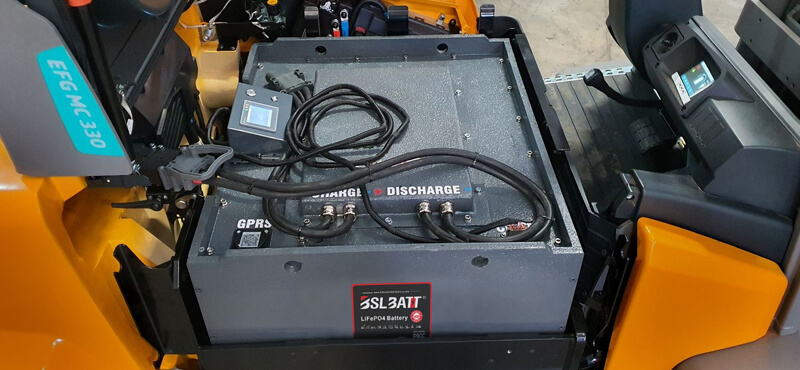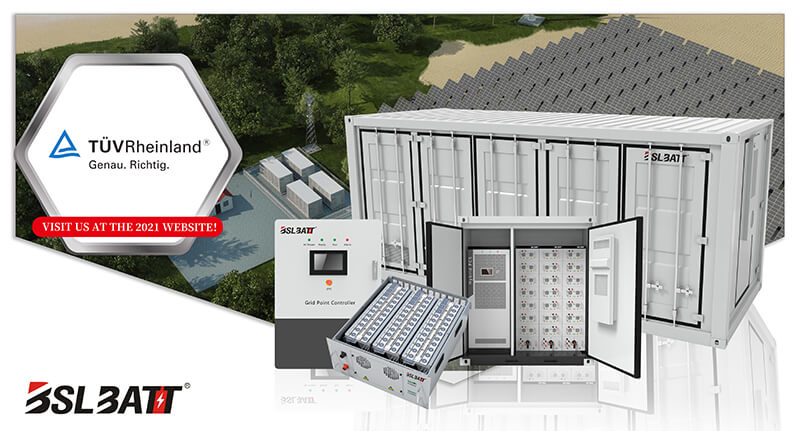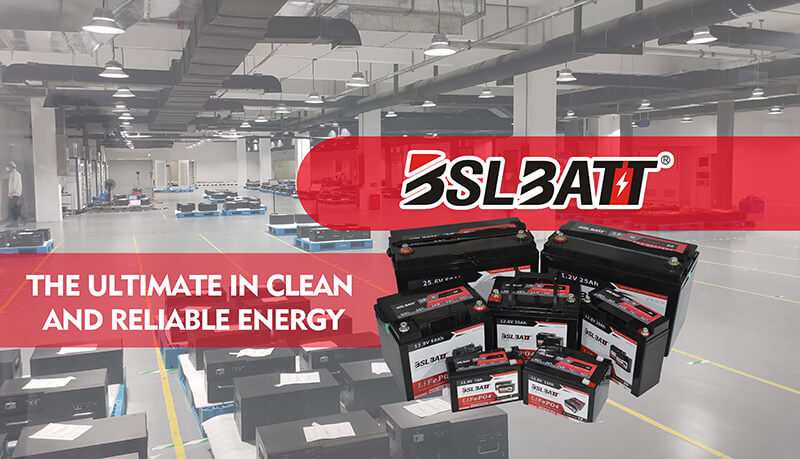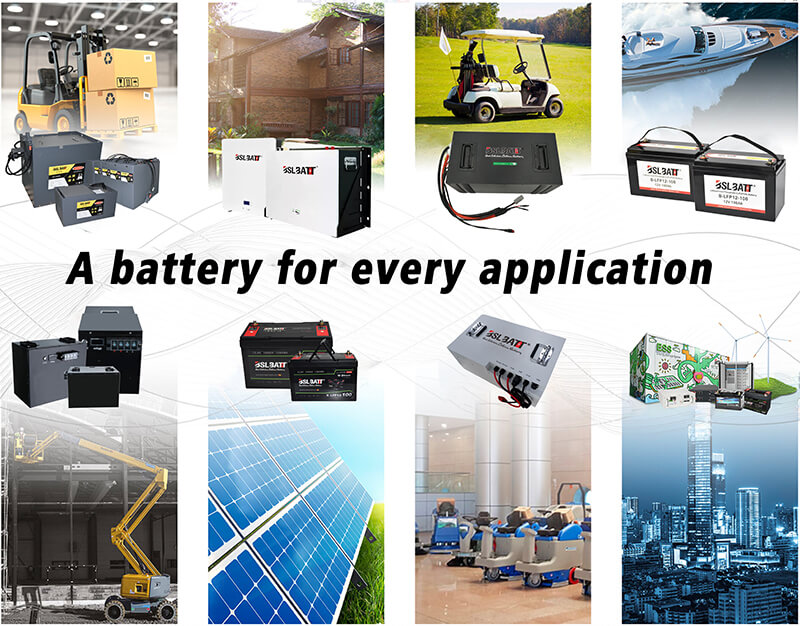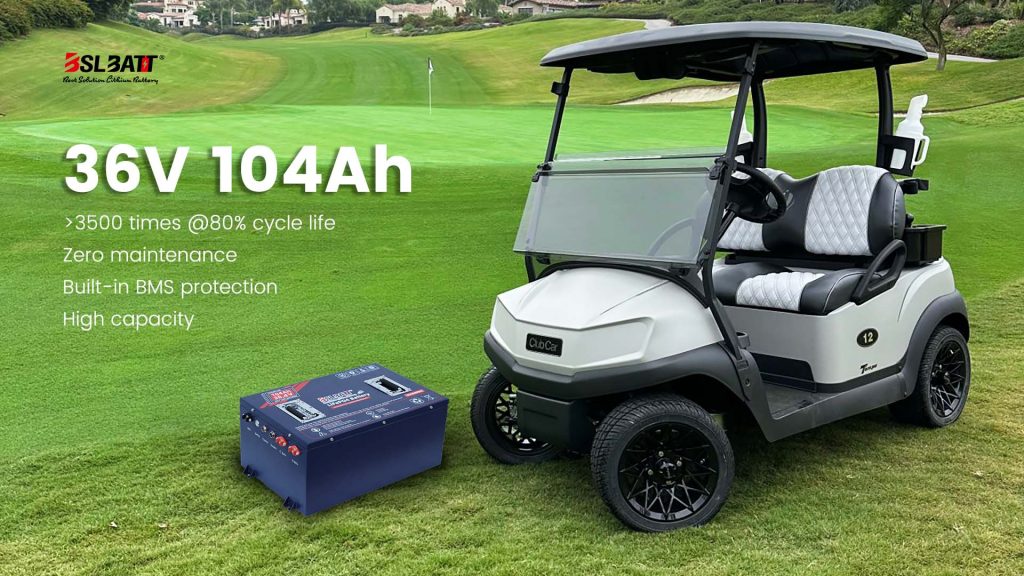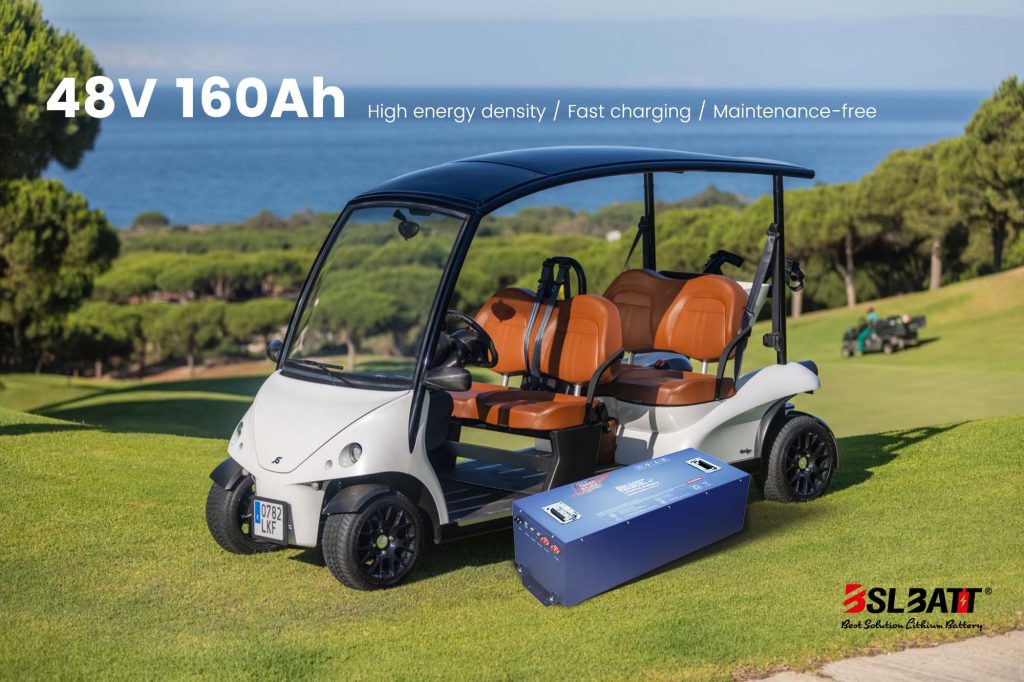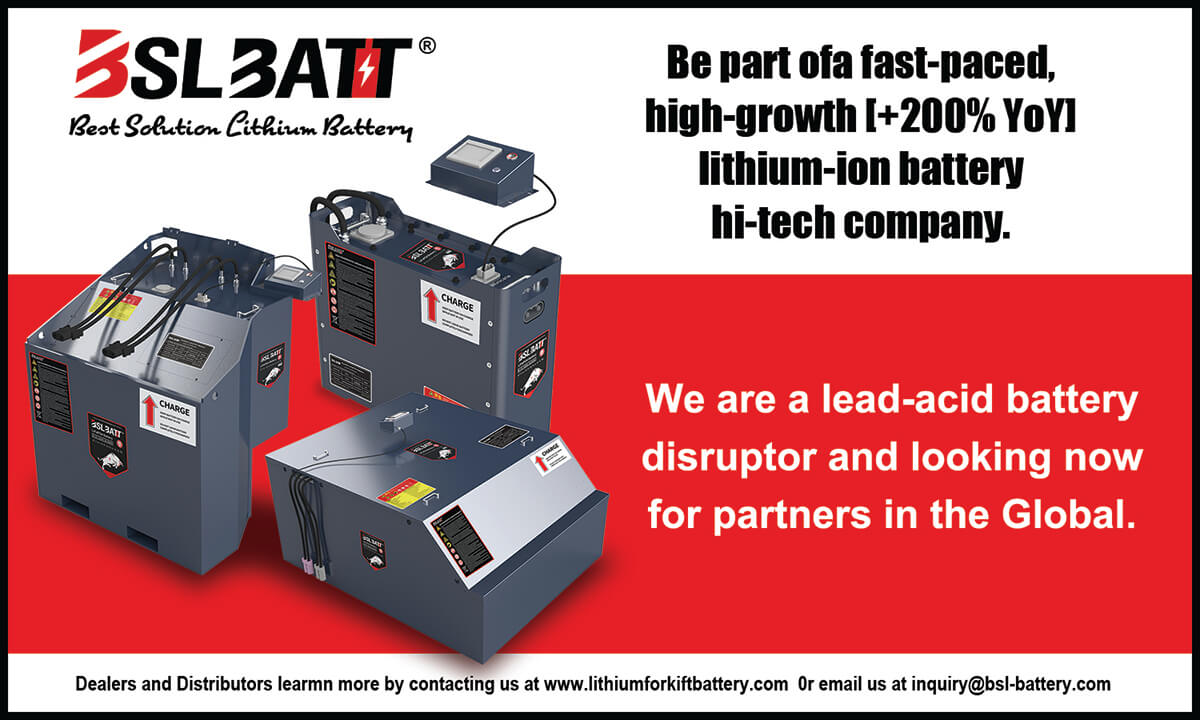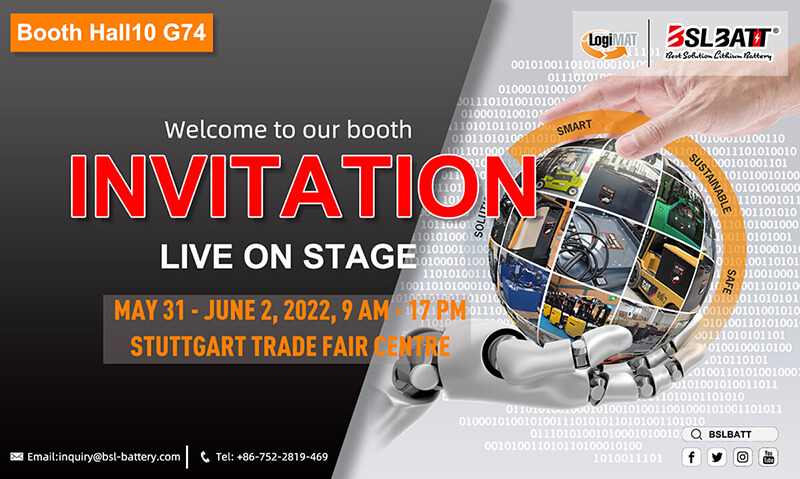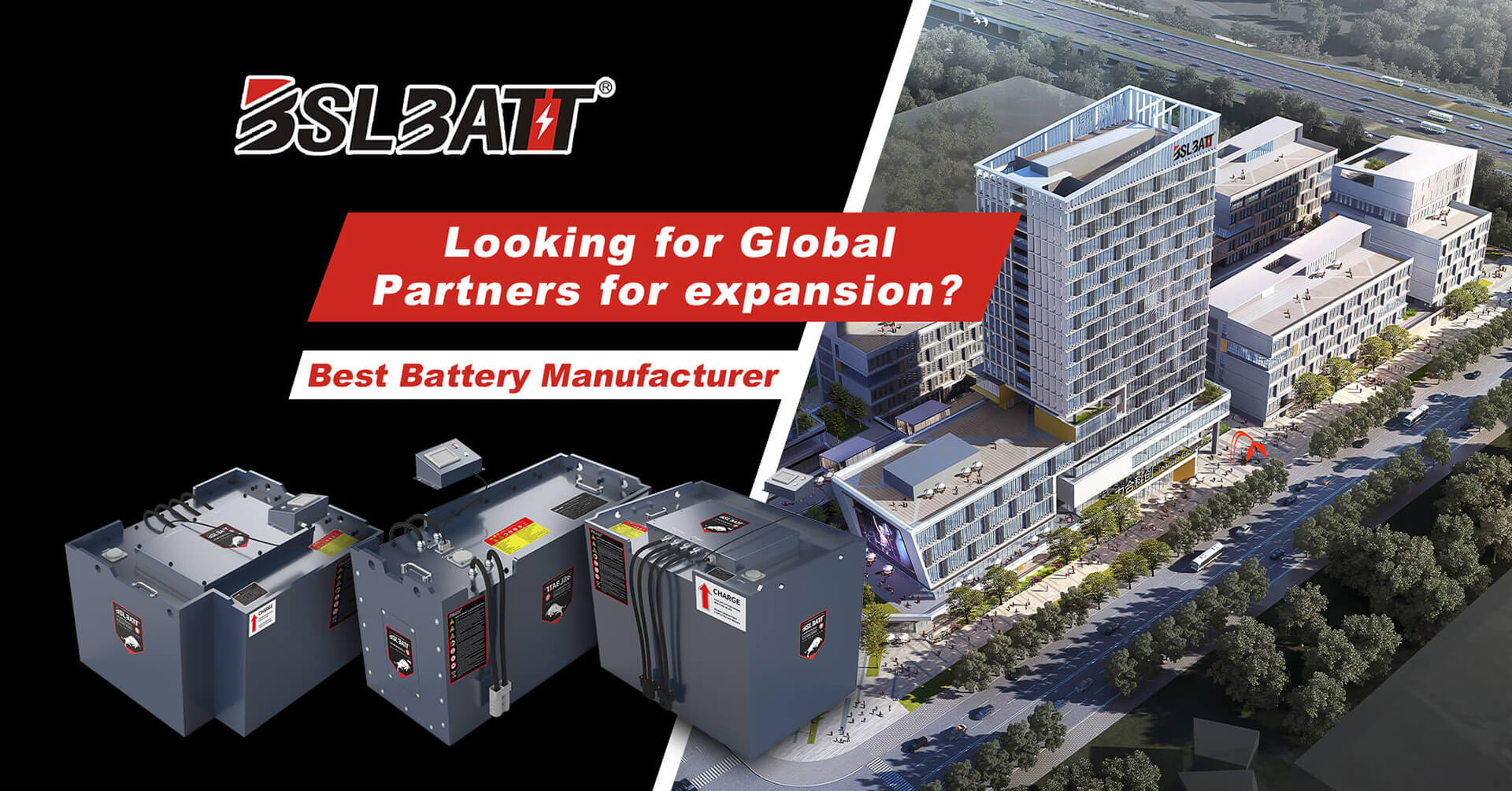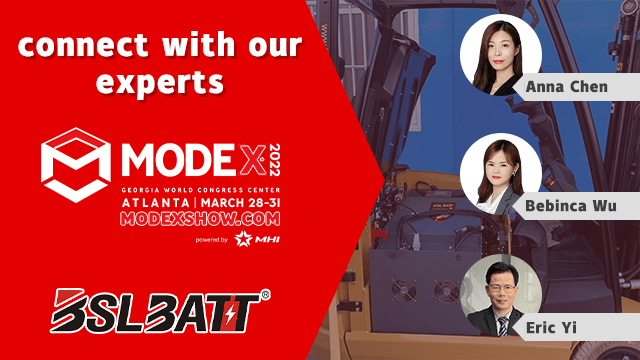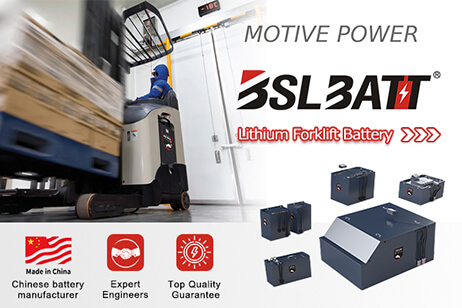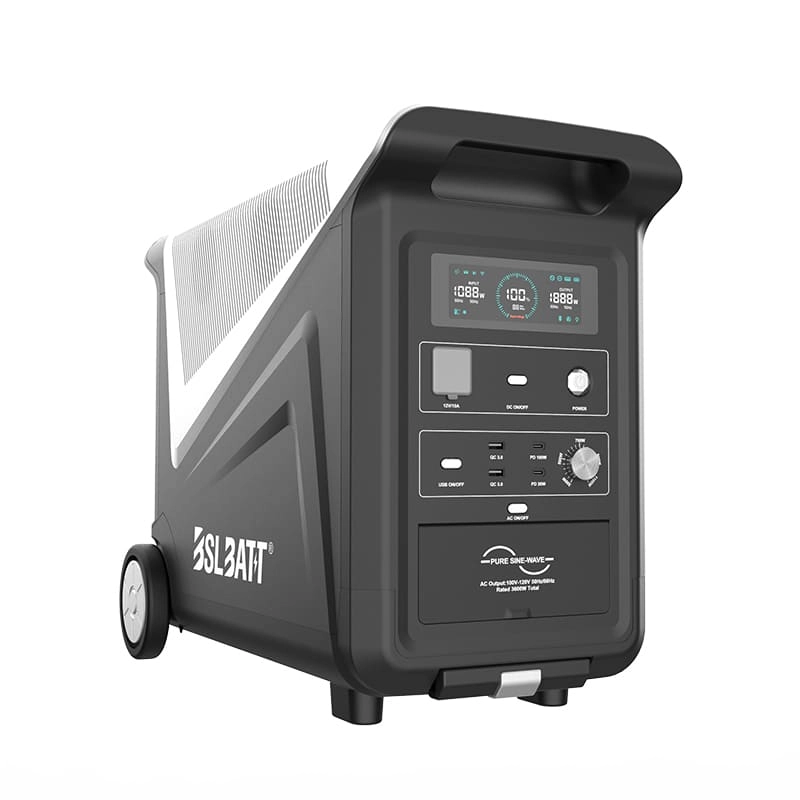Industry Application
Product Type
Going off-grid in the 2021s: Updated battery choices for today’s power needs
Secure your home against unpredictable grid outages with reliable Backup Power Systems.Onsite backup power provides a reliable and cost-effective way to mitigate the risk of economic loss and societal hardship from power outages. Many businesses suffer economic losses due to disruptions of electric power supply during a natural disaster. For businesses with highly sensitive loads such as data centers and financial institutions, the risk of economic losses from downtime is high. For many facilities, such as assisted living facilities and nursing homes, there is a life safety aspect to consider. Other facilities, such as cell tower sites, emergency call centers, and gas stations, have far-reaching social impact and their availability is critical. Investment in onsite backup power equipment can ensure reliability, safety, and productivity. Having a battery backup power system can make those challenging times a little more manageable and protect your home and family. Backup power systems are energy storage devices that can be quickly turned on to power your home. They’re not the same as an “off-grid” electrical power supply like rooftop solar panels. Backup systems do not feed into your home during normal circumstances. They don’t help you disconnect from the grid: they hold a reserve of energy ready to help you when the grid disconnects from you. “The newest thing is grid defection,” said Felix Du, director of solar product and business development at lead-acid and lithium battery provider Wisdom Power.
Today’s power needs require battery technologies to keep up.Lead vs. lithium in off-gridAn electric battery, by definition, is a device that stores energy that can be converted into electrical power. In that sense, all battery types are equipped to handle off-grid storage needs, but some are better than others at satisfying today’s electricity demands and cycling schedules. “Off-grid is less about the battery and more about the use-case,” Norman said. “If you’re only doing backup power, lead-acid works. It’s not cycling regularly, and it’s primarily just sitting in reserve for a power outage or failure. But for demand charge applications, any lithium battery is better.”Wisdom Power AGM lead-acid batteries Lead-acid batteries do work well for occasional, short-term backup needs. But if someone wants to switch power sources to take advantage of utility time-of-use rates or avoid the grid for an extended period of time, more frequent and deeper cycles are needed than what lead-acid can provide. “Lithium is changing off-grid,” Felix Du said. “You still can live off-grid on lead-acid, but lithium is more efficient.”This all boils down to the number of cycles a battery has and its depth of discharge — how many times the battery can be drained, and how much power can actually be used. “Off-grid solar applications require batteries that can be discharged and charged every day,” Galasso said. “One cycle might be charging the batteries during the day, then discharging the stored energy for use during the evening. The more a battery is discharged, the ‘deeper’ the cycle.” Lead-acid batteries degrade more with every cycle. Where a lithium battery may come with a 10,000-cycle guarantee, a lead-acid battery may peak at 2,500 cycles when discharged to 50%. Lithium batteries can be discharged to near-zero, or basically, all the juice in a lithium battery can be used in one cycle, where a lead-based battery can only use half of its juice before degrading even faster.
Batteries are less intrusive and more reliableBatteries are zero noise and zero-emission, making them more comfortable for you and your neighbors to have in service. They require little maintenance beyond ensuring the batteries are fully charged. While generators cost loss per kilowatt-hour than batteries at the point of sale, maintenance and fuel costs make generators more expensive over the life of the unit. “Because of [the faster charging rate], LFP batteries can provide higher power output to the grid or home. Batteries can also be more independent than generators when it comes to replenishing their energy supply. “Time is money. If I’m charging on solar and I’ve only got a six-hour solar day, I want to get as much into those batteries as I can,” Felix Du said. An off-grid solar + storage system would benefit most from the fast-charging properties of LFP. Batteries and solar power make a good combination because they work well when the usual energy supplies, like the electric grid and gas stations, are unavailable or inaccessible. Solar panel arrays can be connected to recharge your batteries as well as power you’re home. In a situation where you are without electricity from the grid for a few days, the combination of solar power during the day and solar power-charged batteries overnight can minimize the disruption to your home’s power. Finally, battery backup systems are more flexible in terms of the space you need for them. Generators and their fuel tanks need to be outside, for obvious safety reasons. This can make them a non-starter for people without enough space in their yard, or if homeowner associations’ covenants crackdown on some combination of the intrusive installation, noise, or emissions. Battery backup systems, on the other hand, require less space and can be inside the residence, therefore are accessible to a wider range of residences.
Where do BSLBATT batteries fit in?BSLBATT makes lithium iron phosphate batteries for small and large backup power needs. These batteries can provide backup power to individual appliances or household systems like a home security system. At the other end of the scale, BSLBATT has several 48V Lithium batteries that can be used as a full off-grid backup power system (or maybe a primary system, depending on what you have in mind), perfect for use in tandem with solar panel arrays. BSLBATT batteries are also easily connected so you can build the capacity of your system to match your household’s power needs. “Off-grid is around us all the time. It’s not just people in the woods anymore,” BSLBATT’s Felix Du said. “It isn’t necessarily possible to completely disconnect or pull your meter, but it is possible to design around an off-grid lifestyle.” Lithium batteries are great for when you want them and when you need them. If you’re not sure what a backup power system should look like for you, drop us a line and we’ll help you find the right solution. |
A Guide to Choosing the Best 48V Lithium Golf Cart Battery
Would it be worth investing in a 48V ...
10 Exciting Ways To Use Your 12V Lithium Batteries
Back in 2016 when BSLBATT first began designing what would become the first drop-in replacemen...
BSLBATT Battery Company Receives Bulk Orders from North American Customers
BSLBATT®, a China Forklift battery manufacturer specializing in the material handling indust...
Fun Find Friday: BSLBATT Battery is coming to another great LogiMAT 2022
MEET US! VETTER’S EXHIBITION YEAR 2022! LogiMAT in Stuttgart: SMART – SUSTAINABLE – SAF...
Looking for new Distributors and Dealers for BSL Lithium Batteries
BSLBATT battery is a fast-paced, high-growth (200% YoY ) hi-tech company that is leading the a...
BSLBATT to Participate at MODEX 2022 on March 28-31 in Atlanta, GA
BSLBATT is one of the largest developers, manufacturers, and integrators of lithium-ion batter...
What makes the BSLBATT the Superior Lithium Battery for your Motive Power needs?
Electric forklift and Floor Cleaning Machines owners who seek the ultimate performance will fi...








